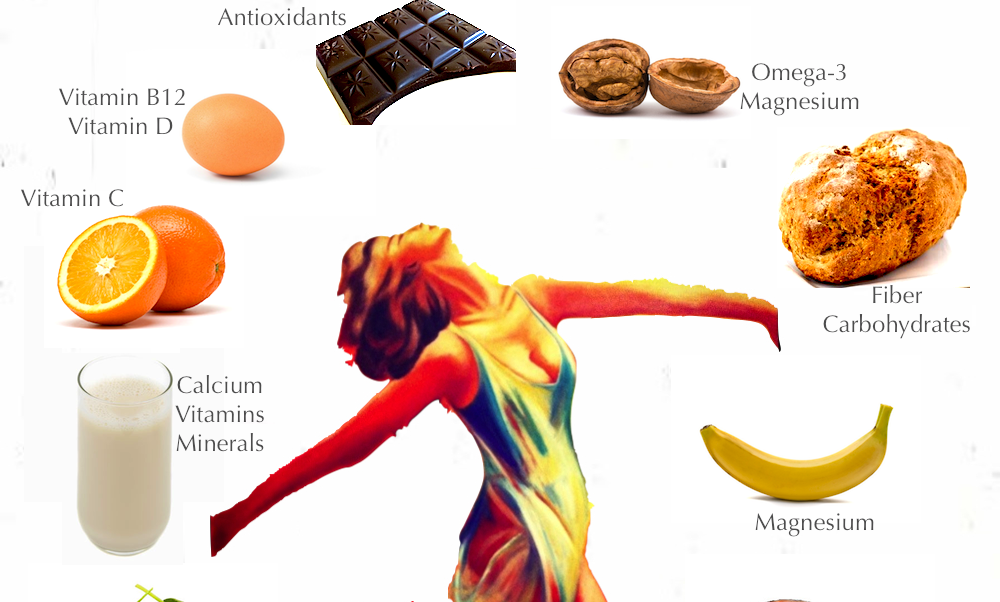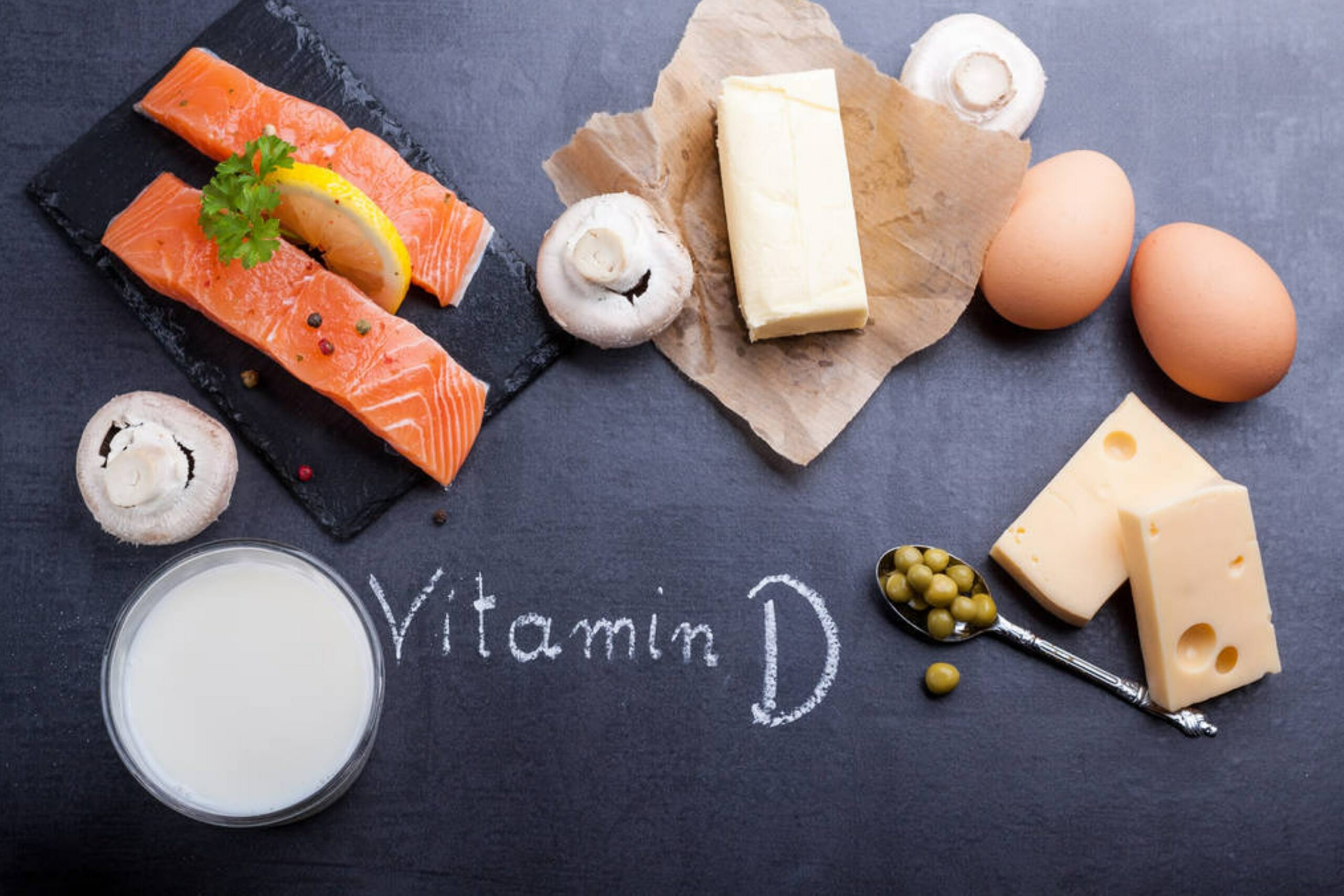Food has a profound impact on our mood and overall well-being. Certain nutrients and compounds found in foods can influence brain chemistry, neurotransmitter production, and hormone regulation, all of which play a crucial role in determining our mood and emotional state. Incorporating mood-boosting foods into your diet can help support mental health and enhance feelings of happiness, calmness, and positivity. In this comprehensive guide, we’ll explore nine foods known for their mood-enhancing properties and the science behind how they can lift your spirits.
Dark Chocolate
Dark chocolate is not only a delicious treat but also a potent mood booster. Rich in flavonoids, antioxidants, and compounds like theobromine and phenylethylamine, dark chocolate can stimulate the release of endorphins and serotonin, neurotransmitters associated with feelings of pleasure and well-being. Additionally, the presence of magnesium in dark chocolate helps relax muscles and reduce stress, contributing to its mood-enhancing effects. Aim for dark chocolate with a cocoa content of 70% or higher to reap the maximum benefits.
Fatty Fish
Fatty fish like salmon, mackerel, trout, and sardines are excellent sources of omega-3 fatty acids, particularly EPA (eicosapentaenoic acid) and DHA (docosahexaenoic acid). Omega-3 fatty acids play a crucial role in brain health and function, promoting the production of neurotransmitters and reducing inflammation in the brain. Research suggests that regular consumption of omega-3-rich foods or supplements may help alleviate symptoms of depression and improve overall mood. Aim to include fatty fish in your diet at least twice a week to support mental well-being.
Berries
Berries such as blueberries, strawberries, raspberries, and blackberries are packed with antioxidants, vitamins, and phytonutrients that can positively impact mood and cognitive function. The high levels of flavonoids in berries have been linked to improved brain health, enhanced memory, and reduced risk of age-related cognitive decline. Additionally, the natural sweetness of berries can satisfy cravings for sweets without causing spikes in blood sugar levels, helping to stabilize mood and energy levels throughout the day.
Leafy Greens
Leafy greens like spinach, kale, Swiss chard, and collard greens are nutritional powerhouses rich in vitamins, minerals, and antioxidants. These nutrient-dense vegetables contain folate, a B vitamin that plays a key role in neurotransmitter synthesis, including serotonin and dopamine, which are important for mood regulation and emotional well-being. Consuming adequate folate from foods like leafy greens can help support mental health and reduce the risk of depression and anxiety.
Nuts and Seeds
Nuts and seeds are excellent sources of healthy fats, protein, fiber, vitamins, and minerals that support brain health and mood regulation. Almonds, walnuts, Brazil nuts, pumpkin seeds, and sunflower seeds are particularly rich in nutrients like magnesium, zinc, and vitamin E, which have been associated with improved mood and reduced symptoms of depression. Additionally, the omega-3 fatty acids found in nuts and seeds contribute to their mood-boosting properties, making them a convenient and nutritious snack option.
Legumes
Legumes such as lentils, chickpeas, black beans, and kidney beans are valuable sources of plant-based protein, complex carbohydrates, fiber, and essential nutrients. They also contain high levels of tryptophan, an amino acid precursor to serotonin, the “feel-good” neurotransmitter that regulates mood, sleep, and appetite. Consuming legumes regularly as part of a balanced diet can help promote stable blood sugar levels, increase serotonin production, and support overall mental well-being.
Fermented Foods
Fermented foods like yogurt, kefir, sauerkraut, kimchi, and kombucha are rich in probiotics, beneficial bacteria that promote gut health and diversity. Emerging research suggests a strong connection between gut health and mental health, known as the gut-brain axis. Probiotics found in fermented foods can help maintain a healthy balance of gut bacteria, reduce inflammation, and modulate neurotransmitter activity, leading to improved mood and emotional resilience.
Whole Grains
Whole grains such as oats, quinoa, brown rice, barley, and whole wheat contain complex carbohydrates that provide a steady source of energy and promote serotonin production in the brain. Unlike refined grains, which can cause fluctuations in blood sugar levels and mood, whole grains release glucose gradually, helping to stabilize mood and prevent mood swings. Additionally, whole grains are rich in B vitamins, including thiamine, riboflavin, and niacin, which support brain function and nervous system health.
Avocados
Avocados are nutrient-dense fruits loaded with heart-healthy monounsaturated fats, fiber, vitamins, and minerals. They are particularly rich in folate, potassium, and vitamin E, nutrients that play a role in neurotransmitter synthesis, blood pressure regulation, and oxidative stress reduction. The combination of healthy fats and antioxidants in avocados supports brain health, enhances mood stability, and reduces the risk of depression and anxiety. Incorporate avocados into salads, sandwiches, smoothies, or simply enjoy them mashed on toast for a satisfying and mood-boosting meal.
Incorporating these mood-boosting foods into your diet can have a significant impact on your mental health and well-being. By focusing on nutrient-rich whole foods that support brain function, neurotransmitter production, and gut health, you can promote a positive mood, reduce stress, and enhance overall resilience to life’s challenges. Remember to prioritize variety, balance, and moderation in your food choices to optimize both physical and emotional health. Additionally, adopting other healthy lifestyle habits such as regular exercise, adequate sleep, stress management, and social connection can further support your mood and mental well-being.
- Kratom Gold Shots Unwrapped: My Tasty and Energizing Experience with Just Kratom - August 9, 2024
- Mood Food: 9 Foods That Can Really Boost Your Spirits - March 18, 2024
- Fluoride: Good or Bad? - March 18, 2024




